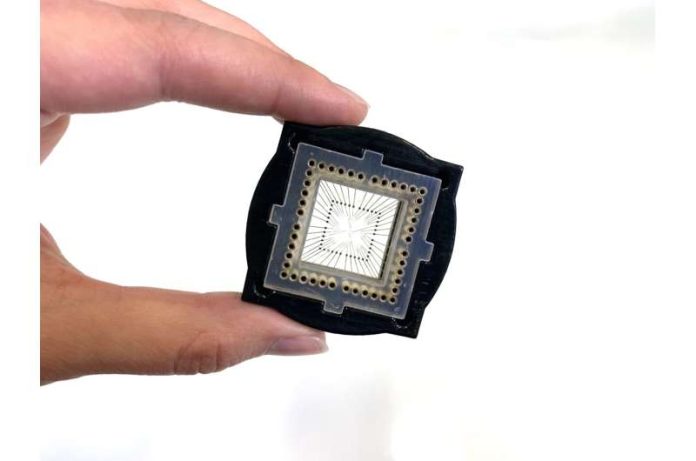
A remarkable innovation has emerged from a team of researchers in Israel: a miniature human heart model, roughly the size of half a grain of rice.
This tiny marvel, a product of collaboration between The Hebrew University of Jerusalem, Technion-Israel Institute of Technology, and Tissue Dynamics Ltd., promises to change the way we understand the heart and how drugs affect it.
A Masterpiece of Miniature Design
Heart diseases are the world’s top killer. Given this, creating an accurate, tiny replica of the human heart is invaluable.
Under Professor Yaakov Nahmias’ guidance, the team used special human stem cells to craft this heart. Like a real heart, this model has multiple chambers, natural pacemakers, and important inner linings.
This isn’t just a static model. It allows scientists to measure important things like how much oxygen it uses, its electric activity, and how it contracts.
These real-time insights offer a deep look into how hearts function and what can go wrong with them.
A Leap Forward in Drug Testing
The mini-heart’s detailed design makes it perfect for drug testing. Traditional methods had limits, but this model has already led to some exciting findings.
For instance, while observing it, scientists identified a new type of heart rhythm problem, or arrhythmia.
This discovery was different from what they usually see in animal models, highlighting the potential of the heart model for human-centric research.
When the researchers tested how the heart reacted to a drug called mitoxantrone, used for leukemia and multiple sclerosis, they noticed the drug caused arrhythmia.
This discovery was crucial, and they even found that another drug, metformin, could potentially help reduce these harmful effects.
Beyond Just Science: Ethical Advantages
The heart model doesn’t just advance science; it also promotes ethics. Animal testing has long been a controversial topic, with concerns about the well-being of animals.
This mini heart offers a promising alternative, potentially reducing the need for animal testing and aligning research with more humane practices.
Professor Nahmias expressed the importance of this development, stating, “It is a new chapter in human physiology.” The team didn’t stop with just the heart model.
They also partnered with Tissue Dynamics to create a robot that can test 20,000 of these mini-hearts at once for drug effects.
This innovation can speed up the search for new drugs and improve our understanding of the heart’s workings.
Conclusion
This groundbreaking work by Professor Nahmias and his colleagues stands to redefine the boundaries of cardiac research and pharmaceutical testing.
With a blend of science and ethics, their miniature human heart model might just be the key to unlocking better health outcomes and a more humane approach to research in the future.
If you care about health, please read studies about the benefits of low-dose lithium supplements, and what we know about egg intake and heart disease.
For more information about health, please see recent studies about potatoes and high blood pressure, and results showing 6 best breads for people with heart disease.
The study was published in Nature Biomedical Engineering.
Follow us on Twitter for more articles about this topic.
Copyright © 2023 Knowridge Science Report. All rights reserved.



